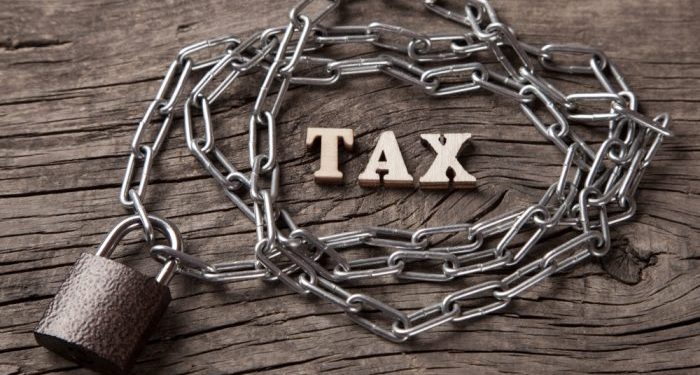The amount of money HMRC has refunded on pension withdrawals has doubled in the space of a year, as pension savers continue to be hit with unnecessary tax penalties.
Figures release by HMRC show it refunded just over £66m in the third quarter of 2023. This is £5m more than the previous quarter, and almost twice the amount it refunded in the third quarter on 2022.
In Q3 2023, the average tax refund per saver was £3,252 due to the incorrect amount of tax being charged from pension income. HMRC has seen a significant 89 per cent increase in the number of claim forms processed compared to Q3 2022.
This tax is charged when people are making their first withdrawals from their pension pot. HMRC levies an emergency tax code that assumes this will be a regular withdrawals – which can result in people paying unnecessary tax on one off payments. This money can be claimed back, or will be repaid at the end of the tax year.
Quilter chartered financial planner Ian Cook says these figures show how many more people are turning to their pension pots to help them get by compared to last year. “Unfortunately, those people are still stuck with an archaic system that over-taxes them and leaves them waiting for long periods before they can access the full amount owed.”
He adds: “This is because they are placed on an emergency tax code when they first withdraw from their pension pot, which is particularly frustrating for those trying to access their funds quickly. Often people do not understand why this has happened given it arises due to an oddity within the PAYE system.
“The figures starkly illustrate the pressure the cost-of-living crisis is placing on everyday finances, with more people choosing to access their pension funds flexibly as a result. To avoid this emergency tax, it is best to speak to a professional financial planner who can reduce the risk of paying excessive tax upfront that needs to be reclaimed. You can achieve this via several smaller withdrawals, as opposed to an initial lump sum. This ensures that most of the withdrawal utilises an updated tax code, preventing emergency taxation on the full amount.
“This has been an issue for years and the system needs an overhaul. The current process is leaving an increasing number of people facing emergency tax at a time they need their money most.”
The post HMRC tax refunds on pensions double, as more look to access emergency funds appeared first on Corporate Adviser.



